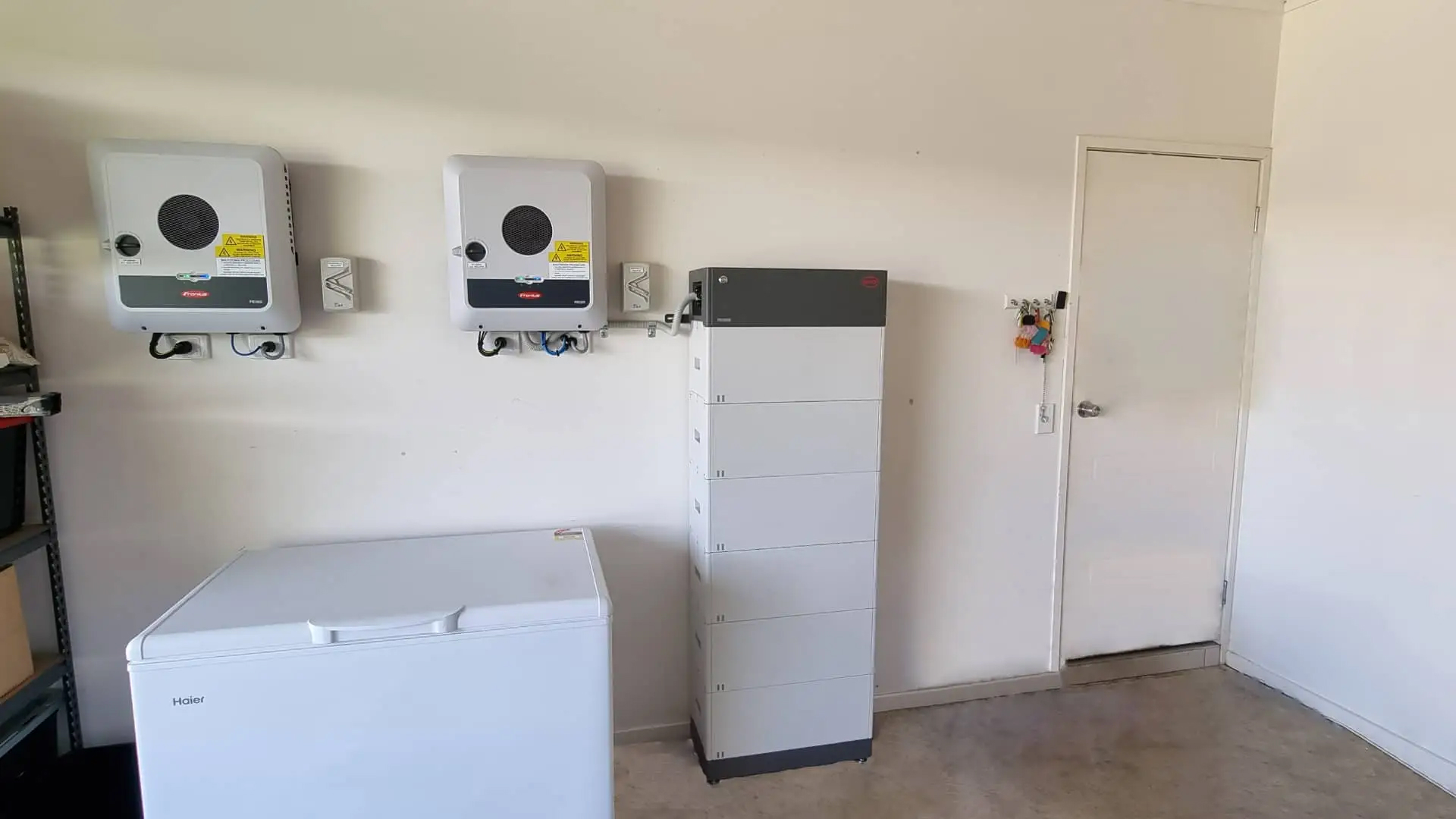Solar energy has emerged as a leading renewable energy source, providing an environmentally friendly and sustainable alternative to conventional energy generation. As solar panel technology continues to advance, understanding the various factors that affect solar panel efficiency is crucial.
One significant factor that can impact solar panel performance is temperature. In this article, we will delve into the relationship between temperature and solar panel efficiency, exploring its effects, the underlying mechanisms, and potential mitigation strategies.
Understanding Solar Panel Efficiency
Solar panel efficiency refers to the ability of a solar panel to convert sunlight into usable electrical energy. It is typically represented as a percentage, reflecting the ratio of converted solar energy to the total solar energy striking the panel. Higher efficiency panels generate more electricity from the same amount of sunlight, making them desirable for maximising energy production.
Effect of Temperature on Solar Panel Performance
Solar panels are designed to operate under various environmental conditions, including temperature fluctuations. However, temperature has a significant impact on solar panel efficiency, leading to a decrease in performance as temperatures rise. This phenomenon is commonly referred to as the temperature coefficient.
Temperature Coefficient
The temperature coefficient is a value used to quantify the effect of temperature on solar panel efficiency. It is expressed as a percentage change in efficiency per degree Celsius (°C) change in temperature. Solar panels typically have a negative temperature coefficient, meaning that their efficiency decreases as temperatures increase. The magnitude of the temperature coefficient varies depending on the panel’s technology, design, and manufacturing quality.
Mechanisms Behind Temperature-Induced Efficiency Loss
Several factors contribute to the decrease in solar panel efficiency as temperatures rise:
- Increased Electron Mobility: Higher temperatures cause an increase in electron mobility within the solar panel’s semiconductor material. This heightened mobility leads to an accelerated recombination of electrons and holes, reducing the overall electrical output.
- Thermalisation Losses: As the temperature of the solar panel rises, the energy of photons is transferred to the panel’s atoms and electrons. This energy loss, known as thermalisation, decreases the available energy for electricity generation.
- Increased Resistance: Temperature influences the resistance of the electrical pathways within the solar panel. Higher temperatures result in increased resistance, leading to greater energy losses during current flow.
Mitigation Strategies
To mitigate the negative effects of temperature on solar panel efficiency, various strategies can be employed:
- Active Cooling Systems: Implementing active cooling mechanisms, such as using fans or liquid cooling, helps dissipate excess heat from the solar panels. By maintaining lower operating temperatures, these systems can improve overall efficiency.
- Panel Placement and Ventilation: Properly positioning solar panels to maximise airflow and reduce heat buildup can help mitigate temperature-related losses. This includes ensuring appropriate spacing between panels, providing shade, or using elevated mounting systems to promote natural ventilation.
- Selecting High-Temperature Tolerant Panels: Manufacturers are developing solar panels with enhanced thermal stability and reduced temperature coefficients. These panels are designed to maintain higher efficiency even at elevated temperatures, minimising efficiency losses.
- Tracking Systems: Solar tracking systems that orient the panels to optimise sunlight exposure can reduce the impact of temperature on efficiency. By following the sun’s path, these systems expose the panels to a more consistent solar energy input, counterbalancing the temperature-related losses.
Work With Our Specialists
Temperature plays a significant role in the efficiency of solar panels, with higher temperatures leading to decreased performance. Understanding the mechanisms behind this temperature-induced efficiency loss is crucial for maximising solar energy generation.
By working with our solar specialists, you can be assured that your home and business solar panel system will have the highest quality products to ensure you are receiving maximum efficiency. Contact Our Team Today!
get a free
quote
Complete the form and our team will
contact you to arrange a site visit or
give us a call on 1300 076 279
Related Articles.

LGCs vs STCs: Understanding the Difference Between Renewable Energy Certificates

Jackson Wyer

Are Solar Panels Recyclable?

Jackson Wyer

Are Solar Batteries Worth it?

Jackson Wyer
